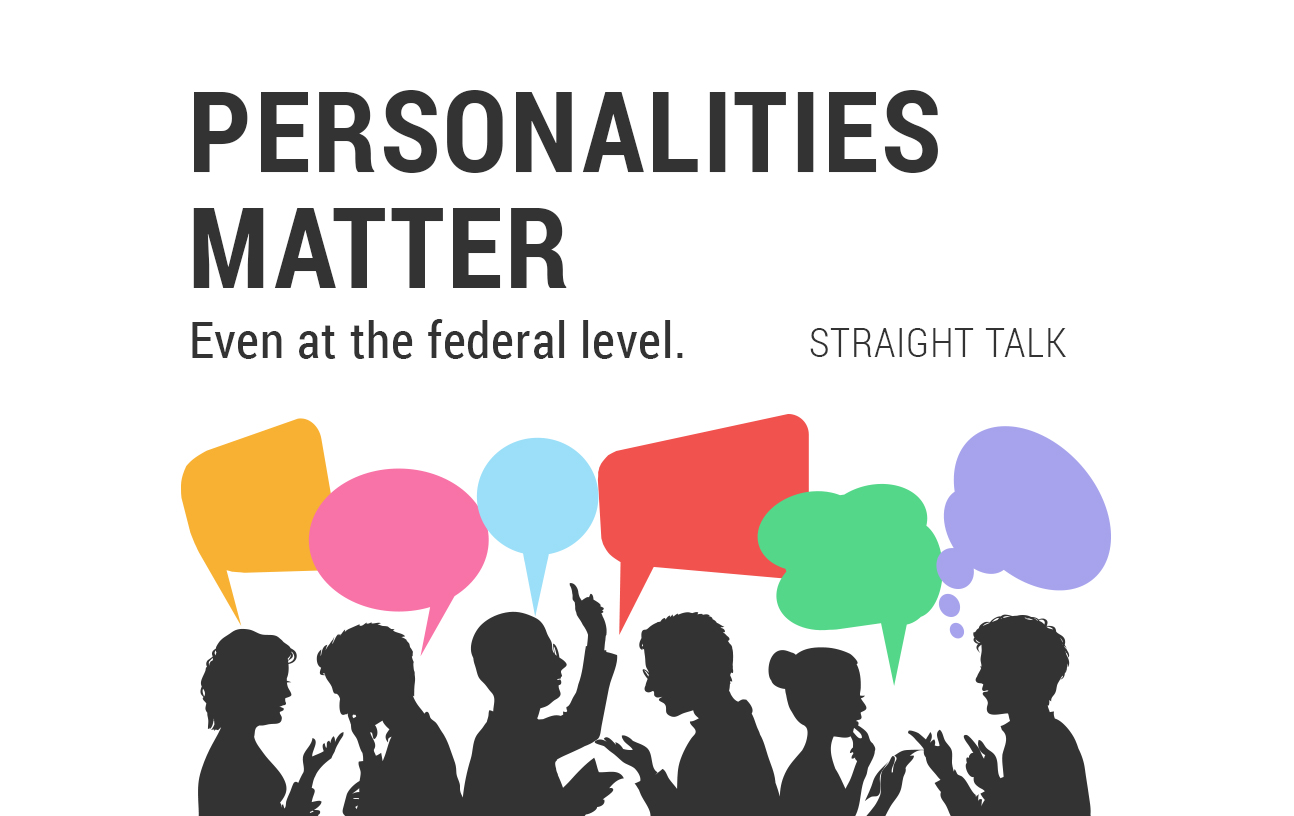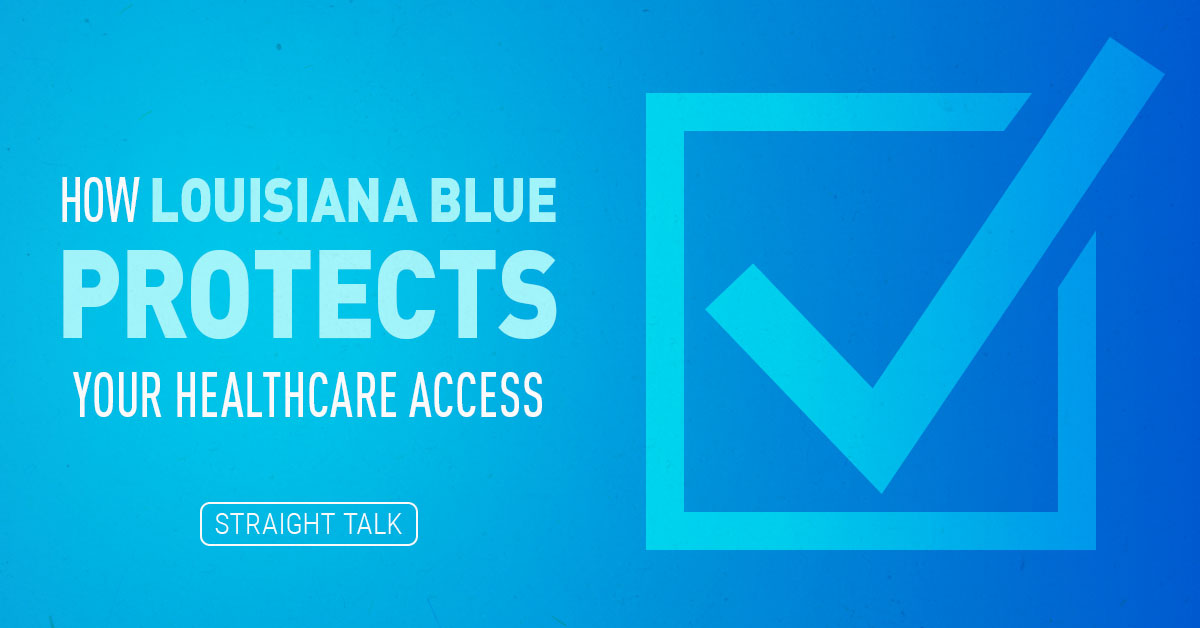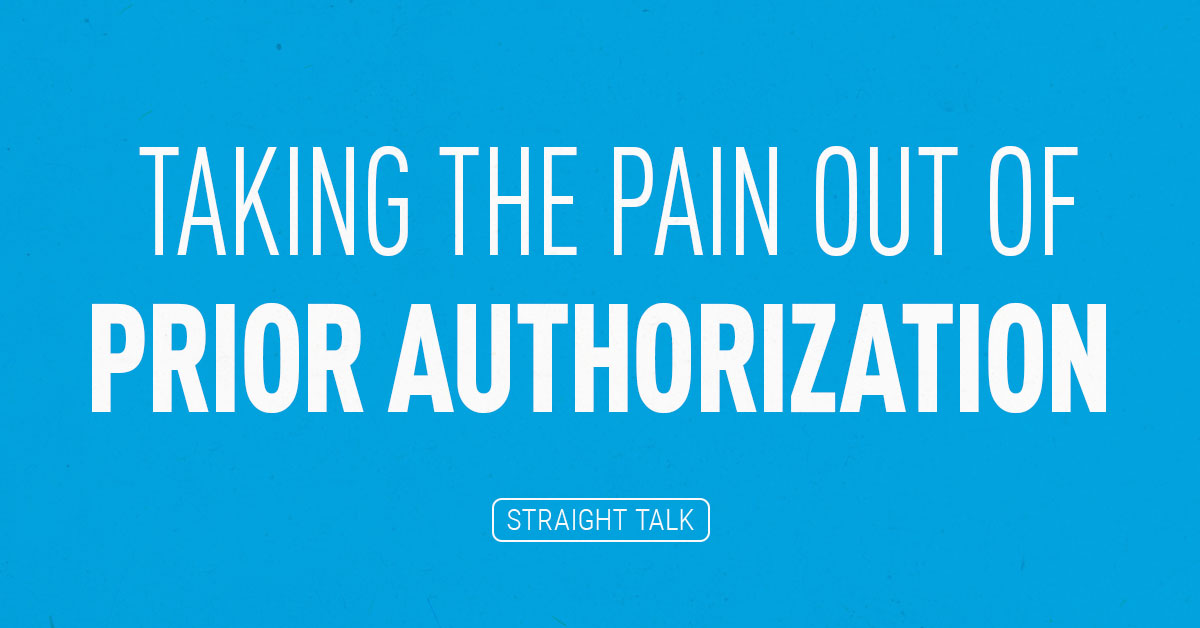Now that we have a new President-Elect, Donald Trump, a pretty huge amount of uncertainty has filtered into the healthcare (and health insurance) business.
While a president may have some ideas and give direction about how healthcare policy is run, and the federal government manages almost $1.1 trillion in healthcare spending directly, the president doesn’t run the government on a day-to-day basis. He has lots of help to get that done.
You are elected! Get busy hiring!
So, let’s imagine that YOU were elected president back in November. Congratulations! I know you will do an amazing job of keeping the most prosperous country on the planet going right along.
To help you in your mission, you get to hire some folks. In fact, you get to hire around 4,000 people! Of these, 1,600 are important, director-level and above positions. There will be 432 who actually set policy for the entire executive branch of the government. So you need to, at least, get the 432 right.
If the president thinks the government should lose a lawsuit because he personally doesn’t like a law, he can tell his lawyers (who represent us all) not to show up for court. That means the other side automatically wins. That’s real power, if you think about it.
This means every federal agency, like Treasury, Defense, Commerce, State, Labor and, importantly for all of us, Health and Human Services, will be directly affected by the people YOU pick to run them! This hiring is the real control a President actually has over the way day-to-day government thinks, looks and acts.
Over the years, different presidents have taken very different approaches to how they select the people who run the government. Although Congress writes laws and distributes authority to various federal agencies with those laws, they typically leave it up to the agencies to determine what the regulations to carry out Congress’ wishes look like and how to enforce them – or not.
The heads of federal agencies have lots of power
That power, to enforce a regulation or not, is called “discretionary authority of an agency.” The president has discretionary authority as well. For example, when the federal government gets sued, the lawyers defending our government work for a guy the president hires called the Solicitor General. If the president thinks the government should lose a lawsuit because he personally doesn’t like a law, he can tell his lawyers (who represent us all) not to show up for court. That means the other side automatically wins. That’s real power, if you think about it.
I’ve learned a lot about human nature by looking over the various presidents’ hires and measuring them for a variety of things. The American Enterprise Institute, an organization that promotes businesses of all types with research and advocacy, also does this. They’ve kept data on presidents’ key leadership position hires, all the way back to Teddy Roosevelt (1901-1909). They look at whether these hires have any real-world, private sector experience outside of government or academia.
In healthcare alone, the Affordable Care Act (a 2,800-page bill) has produced more than 65,000 pages of new regulations, federalized individual and small group health insurance markets, and driven billions in new spending by businesses just to comply with the law. Not to mention the billions more health insurance companies have invested and lost trying to stabilize things post-reform.
Or, as my friend who owns a business asks, “Have they ever had to make a payroll?”
The last time the Institute updated measurements of different presidents was fall 2009, after the first Obama election. You can see the results on the far right of the graph below.
The Obama Administration: A clear outlier
The results show President Obama had a tendency to hire folks like him, who had either spent their entire working lives in government or academia. Based on this, Institute consultant Nick Shultz predicted in 2009 that American business was in for a record amount of “sand in the gears” legislation. When we consider the major regulatory packages issued since then, Shultz had a pretty accurate crystal ball.
If President-elect Trump picks a cabinet of people who have spent more time working outside of government or academia, I think we can anticipate a very different result than what we have seen from the outgoing administration.
In healthcare alone, the Affordable Care Act (a 2,800-page bill) has produced more than 65,000 pages of new regulations, federalized individual and small group health insurance markets, and driven billions in new spending by businesses just to comply with the law. Not to mention the billions more health insurance companies have invested and lost trying to stabilize things post-reform.
How do the presidents compare?
You can see the data below, with results for the past 20 presidents, that the outgoing administration was an outlier. Even their leadership choices with business/private sector work experience were mostly in consulting or think-tank jobs, not actually running a business and “making a payroll,” as my buddy would say.
You can see the pros and cons of this research, if you want to learn more.


So what is Trump going to do, and will it matter to ME?
Pundits far and wide are trying really hard to predict what President-Elect Trump is going to do. I would suggest this measure is a great place to start.
It is not unusual for current Obama appointees to state publicly that they were not allowed to consider the time, trouble or expense of their decisions or regulatory changes on business. They often stated publicly that evaluating policy impact in terms of jobs lost, fines or just plain lost productivity was not their concern. If President-elect Trump picks a cabinet of people who have spent more time working outside of government or academia, I think we can anticipate a very different result than what we have seen from the outgoing administration. Early cabinet appointments suggest that Trump is going toward a more traditional cabinet, where we would expect around half of the 432 to have actually “made a payroll.” Most of Trump’s picks have recently worked in the private sector.
The types of health insurance we sell, how we can help businesses and individuals afford coverage, what products we offer and pricing will largely be influenced by the new heads of Department of Health and Human Services (Rep. Tom Price, R-GA) and the Centers for Medicare & Medicaid Services (Seema Verma). Once they are confirmed in their new jobs, I’ll profile some of their ideas for you and let you know what I think about our future with them in charge.
I already know they have VERY different backgrounds and motivations compared to Obama’s leaders in these posts, and so I’m expecting very different results. It’s too soon to tell if that’s good news, or bad news. But it will no doubt be different!
So, keep it STRAIGHT! Look at the personalities and experience of the people appointed to run the federal agencies. It’s the best indicator of what we’re in for over the next four to eight years.





Leave a Reply